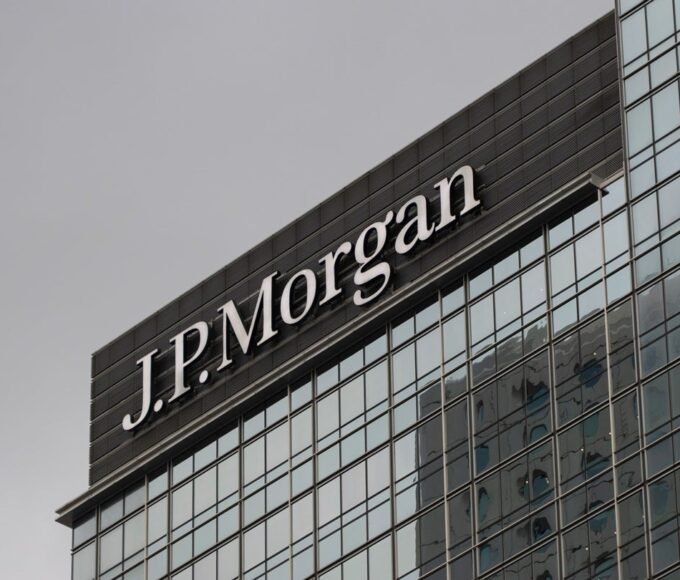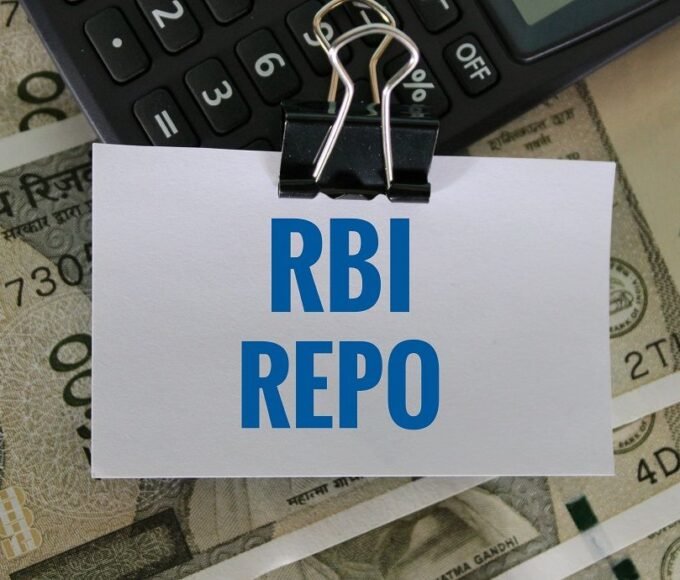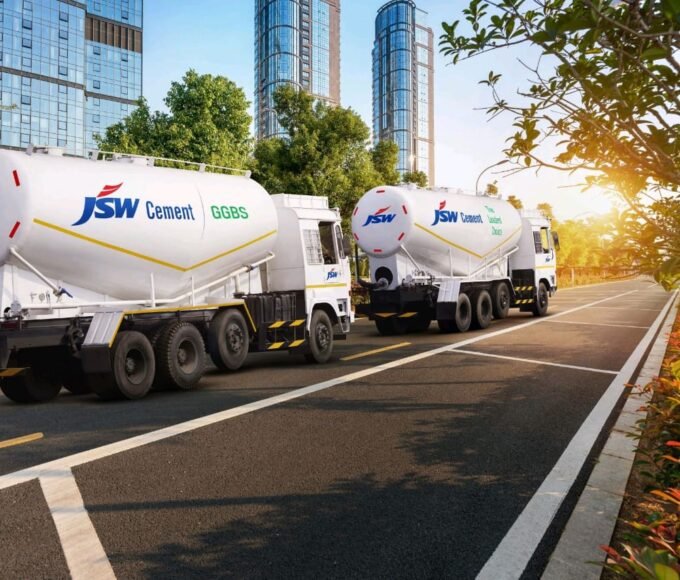Recent Posts
Jindal Stainless Powers India’s Smart Infrastructure Push with Steel, Sustainability, and Digital Transformation

Jindal Stainless stands poised to play an important role in changing the construction culture of the nation concerning smart cities, green mobility, and digital infrastructure. It is ready to furnish a total perspective for future infrastructure with metro tunnels, electric buses, green hydrogen, and digitalized manufacturing.
Supplied SS 301LN stainless steel, which qualifies for being used in India ‘s first underwater metro line in Kolkata, part of a total project worth ₹4,965 crores under the Hooghly River. This material is corrosion-resistant and low-maintenance, and thus increases dwelling cost efficiency and lifecycle costs for the tunnels.
In the railways, the palladium is helping to produce Vande Metro trains, which will come into action in 2024 as the firm uses lightweight 201LN steel to improve energy efficiency by reducing the panel thickness from 3 mm to 2 mm.
The N7-grade JT Tubes, three times stronger than carbon steel when in partnership with JBM Auto, are being put to use in the manufacture of over 500 electric buses, promoting eco-mobility in India. These buses are designed to reduce emissions and guarantee on-road performance.
Digitally, the installation of ‘Project Pragati’ at its Hisar plant took place in May 2025. Jindal Stainless cooperated with Dassault Systèmes and Capgemini in the deployment of this system that encompasses virtual twin planning, real-time tracking, and automated order fulfillment. Early estimates forecast a lead-time reduction of 10 to 15 percent, inventory cost savings of 8 to 10 percent, and an increase in capacity utilization by 5 percent.
The company is also steering green manufacturing. It commissioned India’s first commercial green hydrogen plant for stainless steel at Hisar in March 2024 and is expected to reduce 2,700 tonnes of CO₂ every year. ₹700 crore has been provided for waste heat recovery, biomass, and clean energy projects to curb carbon intensity by 50% by 2035 and reach net-zero by 2050.
Backed by innovation, scale, and sustainability, Jindal Stainless is in an excellent position to support the upcoming surge in demand for stainless steel in India, which is forecasted to grow by approximately 7.5% per annum.
From digital factories to clean transit systems, the company is evolving from steel supplier to strategic partner in India’s smart infrastructure future.
- Capgemini India
- Dassault Systemes
- digital infrastructure
- digital twin technology
- eco-mobility
- electric buses India
- electric public transport
- green hydrogen
- green manufacturing
- Green Mobility
- Hisar plant
- Indian Railways
- Infrastructure India
- JBM Auto
- Jindal Stainless
- net-zero India
- Project Pragati
- renewable energy
- Smart Cities India
- smart infrastructure
- stainless steel India
- sustainability in construction
- underwater metro
- Vande Metro
Recent Posts
Categories
- Acquisition1
- Airport16
- AP103
- Apartments126
- Bengaluru217
- Budget 202521
- Cement165
- Chennai438
- Construction909
- Construction Material Price Updates1
- Corporation4
- CREDAI61
- Editors Pick42
- Equipment45
- Events11
- Export24
- GST17
- Highways118
- Hotel16
- Housing207
- Hyderabad94
- import26
- India122
- Industrial387
- Infrastructure616
- Interiors28
- Iron Ore59
- Karnataka92
- Kerala56
- Labour1
- Land150
- Logistics40
- Market Updates404
- Metal100
- Metro109
- Mining77
- MSME21
- News1,877
- NHAI96
- Office Space2
- Paints39
- Port1
- Power Shutdown1
- Properties112
- Puducherry12
- Railways8
- Real Estate762
- Road222
- Sand38
- Short News117
- SIPCOT14
- Steel Daily429
- Stocks37
- Tamil Nadu458
- Technology81
- Telangana96
- TIDCO9
- Trade52
- Trending News1,111
- Video2
- warehouse42
Related Articles
Modulus Housing Secures ₹70 Crore Funding to Accelerate Market Expansion and Technology Innovation
IIT Madras-incubated Modulus Housing has secured about ₹70 crore in Series A...
BySamrita JosephDecember 6, 2025JPMorgan Expands Its India GCC Presence with Major Office Lease in Hyderabad
JPMorgan Chase has strengthened its India footprint by leasing 1.76 lakh sq...
BySamrita JosephDecember 6, 2025RBI Rate Cut Brings Timely Relief and Boosts Confidence Across India’s Housing Market
The RBI’s rate cut has lifted market sentiment and improved affordability for...
BySamrita JosephDecember 6, 2025JSW Cement Unveils ₹11000 Crore Expansion Plan to Boost Production Capacity to 41 Million Tonnes
JSW Cement has announced a major ₹11000 crore expansion plan to increase...
BySamrita JosephDecember 6, 2025















Leave a comment